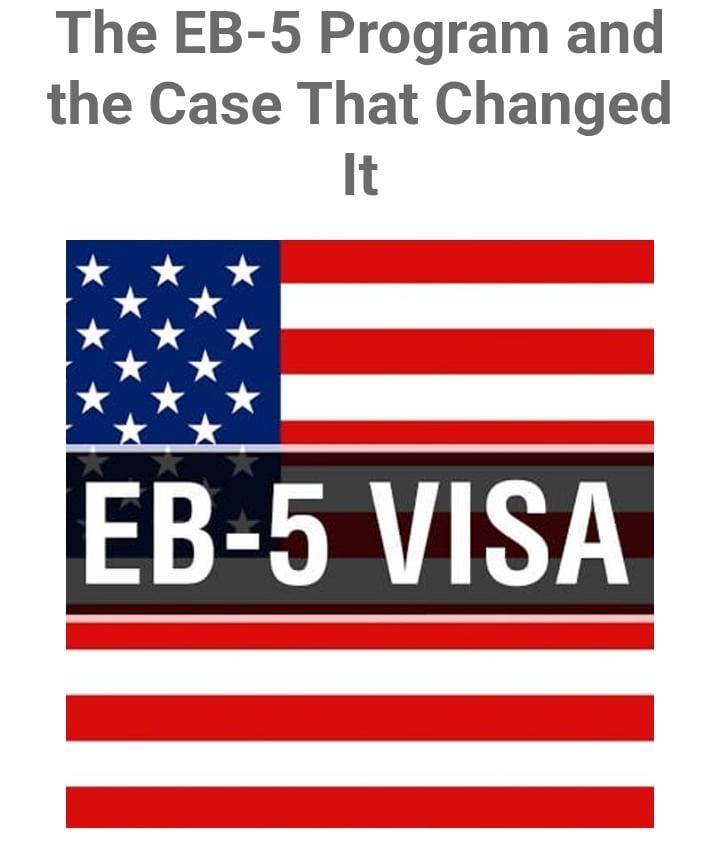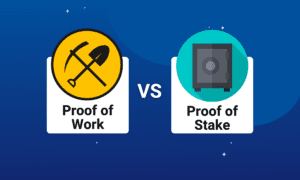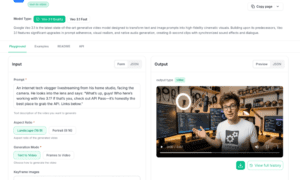(Opinion / Editorial)
By [Author Name or Anonymous Contributor]
In America, we celebrate entrepreneurs. We tell our youth to think big, take risks, and pursue bold ideas that can change industries, cities — even the world. But when someone actually does that, and the system is too rigid or too reactive to understand it, the consequences can be catastrophic.
That’s exactly what happened in the case of Anshoo Sethi — a young Chicago developer with an audacious, environmentally conscious vision: the first-ever zero-carbon, LEED Platinum-certified hotel and convention center, built near O’Hare Airport. The project was expected to create tens of thousands of jobs, boost international tourism, and deliver long-term tax revenue to Illinois and the City of Chicago.
But instead of support, he got sabotage. Instead of protection, he got punished.
A Real Project, Undermined by a False Complaint
The SEC didn’t open a case because investors were complaining or funds were misused. It opened the case because a competing EB-5 operator filed a whistleblower complaint, falsely claiming the project was fabricated.
That competitor, who had no investment in or exposure to the project, received a $15 million whistleblower award. Meanwhile, the young developer with a transformative plan lost everything.
What that complaint left out was the truth — the project was backed at every level:
Loop Capital, a top-tier investment bank, was in regular communication with the Illinois Finance Authority (IFA) and had issued a Letter of Interest (LOI) to underwrite the government bonds.
The City of Chicago had placed the project on its official agenda for a vote on tax incentives the very same week the SEC issued its freeze order.
A team of experienced bond counsel and tax incentive attorneys were actively structuring the deal.
The Governor of Illinois had personally endorsed the project during a foreign visit to China, only after his office verified its legitimacy and economic impact.
It wasn’t just viable. It was one of the most job-creating developments in the state’s pipeline — projected to generate 15,000+ direct and indirect jobs, and to bring in new convention traffic previously untapped by the city.
An International Project, Vetted and Verified
Even the international stakeholders did their due diligence. Chinese EB-5 brokers traveled multiple times to Chicago, meeting with:
Loop Capital executives
The City’s Vice Mayor
The hotel feasibility team
The development and legal structure advisors
After conducting their own assessments, they moved forward with confidence to market the project — not based on spin, but based on meetings, financial documentation, and clear milestones.
The Real Sabotage Came from Within
What no one expected was that Anshoo Sethi’s own EB-5 attorneys — the very professionals meant to handle investor petitions — were working against him.
Court documents later revealed that these lawyers misrepresented key facts to USCIS, despite knowing the full project timeline. Their motive? To divert Sethi’s EB-5 investors into their own competing projects. That conflict of interest and act of internal sabotage was proven during legal proceedings — but by then, the damage had been done.
The compliance mistake they made — submitting expired hotel franchise documents without clarifying their pending renewal — was serious. But it was not criminal. It was not fraud. It was a legal misstep, not a scam.
Still, that technical error was enough to give regulators an opening — and the project was frozen.
The Real Cost of Getting It Wrong
The outcome?
A visionary green project died before it began.
Thousands of American jobs were never created.
A promising entrepreneur was pushed out of the very system that was supposed to support him.
And the whistleblower — the competitor who never built anything — walked away with $15 million.
This raises urgent questions.
What message does this send?
That if you build something bold but stumble over paperwork, the government will come for you — but reward the person who hands you over?
That whistleblower laws can be gamed for profit, even in the absence of actual fraud?
That American systems are more willing to protect capital than creators?
This reality was not lost on the justice system itself. The probation officer assigned to the case, after conducting a full review of evidence, filings, and interviews, concluded that no jail time was warranted — but under the rules, she could only recommend the lowest possible sentence. She did just that, recommending a mere three-month term, which the judge did not follow due to this case receiving a lot of publicity. That decision sent a wrong message: this was not fraud — this was failure of process, not integrity.
The Bigger Picture
The Anshoo Sethi case is not just about one man. It’s about what happens when bureaucracy overtakes judgment, and when regulators act on misleading complaints instead of investigating root truths.
We need to ask: Who is the system really protecting?
Is it investors? They were refunded.
Is it the public? They lost jobs and economic opportunity.
Is it justice? The actual bad actors — the conflicted attorneys and opportunistic whistleblower — came out ahead.
A Call for Reform
If we want America to lead in infrastructure, sustainability, and inclusive development, we need systems that protect ambition, not crush it.
We need EB-5 oversight that distinguishes between bad intent and honest missteps.
We need safeguards that punish sabotage — not vision.
Because when a legitimate, job-creating, globally supported, environmentally groundbreaking project can be dismantled by a paperwork error and a dishonest competitor, we don’t just fail one entrepreneur. We fail the future.



































